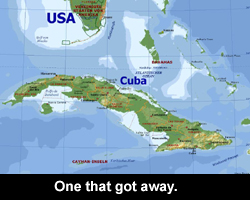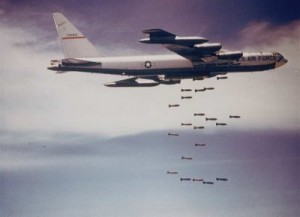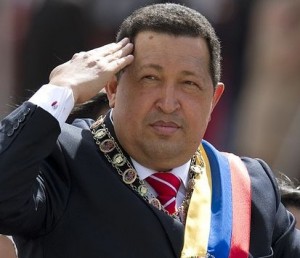Okay, I promised domestic policy this week, but I’m going to have to go back on that for a paragraph or two. It’s the product of swallowing so much crap news over the course of the week. Just a few minutes of Latin America coverage by NPR is enough to make me want to pull my own head off. So I just want to dwell on that topic for a few minutes … don’t mind me.
 Obama’s shift on Cuba is instructive in a lot of ways. For one, it is wildly popular, with something like 60% of the country in support. That has been reflected in polls for quite a long time. Second, it does help to lay bare the true nature of the relationship. Just listening to our diplomats lecture Cuba on human rights issues is enough irony to last a decade in and of itself. For chrissake, we can’t even claim to hold to a high standard on human rights even within the confines of Cuba itself!
Obama’s shift on Cuba is instructive in a lot of ways. For one, it is wildly popular, with something like 60% of the country in support. That has been reflected in polls for quite a long time. Second, it does help to lay bare the true nature of the relationship. Just listening to our diplomats lecture Cuba on human rights issues is enough irony to last a decade in and of itself. For chrissake, we can’t even claim to hold to a high standard on human rights even within the confines of Cuba itself!
Raul Castro has said that reestablishing normal relations would require our return of Guantanamo Bay – the only eastern-facing harbor on the island, which would be kind of useful for trade with Europe. The Obama administration has rejected that out of hand. Again … does any news organization in the United States ever examine the issue of our dubious claim on Guantanamo Bay? Nope. Too busy reporting on Russia’s heinous seizure of Crimea.
It goes deeper than that. Why have we targeted Cuba for five decades? Dictatorship? That can’t be it. We cozy up to dictators in Saudi Arabia, Bahrain, and elsewhere without a problem. Human rights? Please! Here’s a more plausible explanation. We “owned” Cuba, like a master owns a slave. Cuba broke away, setting a “bad” example for the other slaves. We have never accepted its disobedience, and we have punished it grievously ever since. We’ve invaded it, attacked its people, attempted to assassinate its leaders, strangled it economically as only a superpower can, vilified it in every imaginable way.
So … the nation that innovated the Fugitive Slave Act of 1850 pursues the same principle on the national stage. That is the context of this new detente with Cuba.
luv u,
jp


